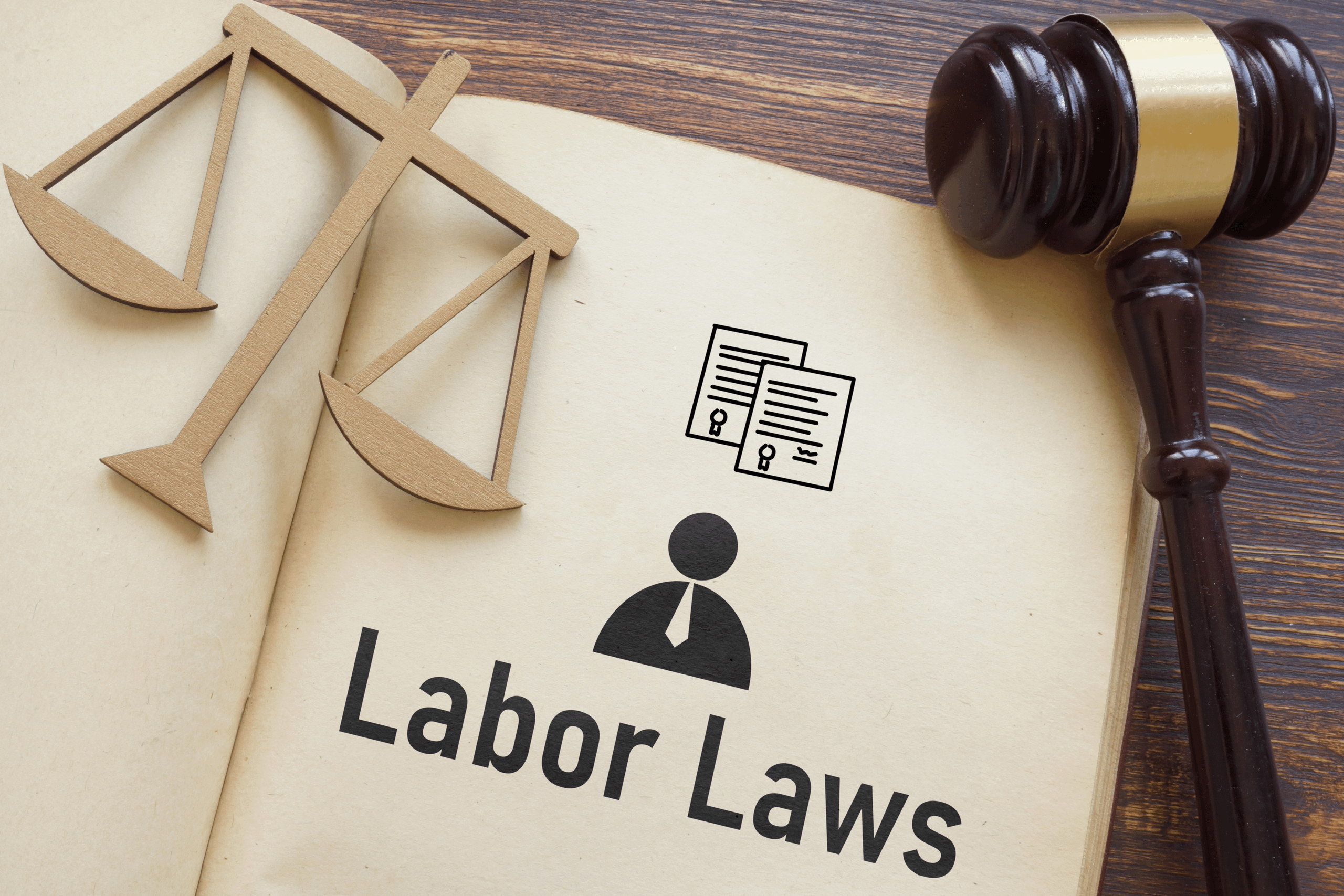
We have all been intently following the news related to Congress’ “Tax Cut and Jobs Act.” As many are aware, there are several aspects of the proposed Act which will affect all of us on a daily basis. Initially, the House’s version of the bill eliminated the spousal support (maintenance) deduction for the payor (and conversely, did not require the recipient to include those payments in their gross taxable income) effective January 1, 2018. The Senate’s bill, however, preserved the deduction.
Late last week, the joint tax bill was unveiled, in which it adopted the House’s position eliminating the spousal support (maintenance) deduction, with the exception of the start date; making such changes to the IRS tax code effective for any divorce or separation instrument executed after December 31, 2018 ( next December), or for any divorce or separation instrument executed on or before December 31, 2018 ( next December), and modified after that date, if the modification expressly provides that such new provisions shall apply.
How Will this Affect Our Clients?
This simple example illustrates how this change will affect both the Payor and Recipient of maintenance.
Under the current law:
Assume the Payor’s gross annual income is $100,000, and their maintenance obligation, either by agreement or Court order, is $30,000 per year. Also, assume that the Payor is in a 30% tax bracket, an annual maintenance payment of $30,000, after taking into consideration the ability to deduct maintenance, results in the Payor being out of pocket approximately only $21,000 ($30,000 – $9,000) per year. The Recipient, assuming they are in a 20% tax bracket (lower tax bracket), would pay approximately $6,000 in tax (20% of $30,000), and thereafter net $24,000 in after tax dollars to utilize.
Under the proposed new law:
The Payor, with the same gross income of $100,000, would only have approximately $70,000 of after tax dollars with which to pay maintenance, while the Recipient would receive all maintenance payments tax free. While this appears to initially help the Recipient, there will likely be less actual after tax dollars available to the Payor, and in turn, should reduce the total amount the Payor can pay maintenance to the Recipient.
Other Considerations
This impact needs to be incorporated into our negotiating strategy and drafting considerations, for example, including prophylactic language to require recalculations to address the current tax law, the proposed changes, or even the possibility that the law changes again in years to come.
In addition, many of our clients approach us about drafting Pre-Nuptial and Post-Nuptial Agreements. If this new tax bill is passed, it may become necessary to include additional and/or new language to address the change in law and its effects on maintenance.
We will continue to keep you updated in the coming days. Any questions? Please feel free to contact us.





